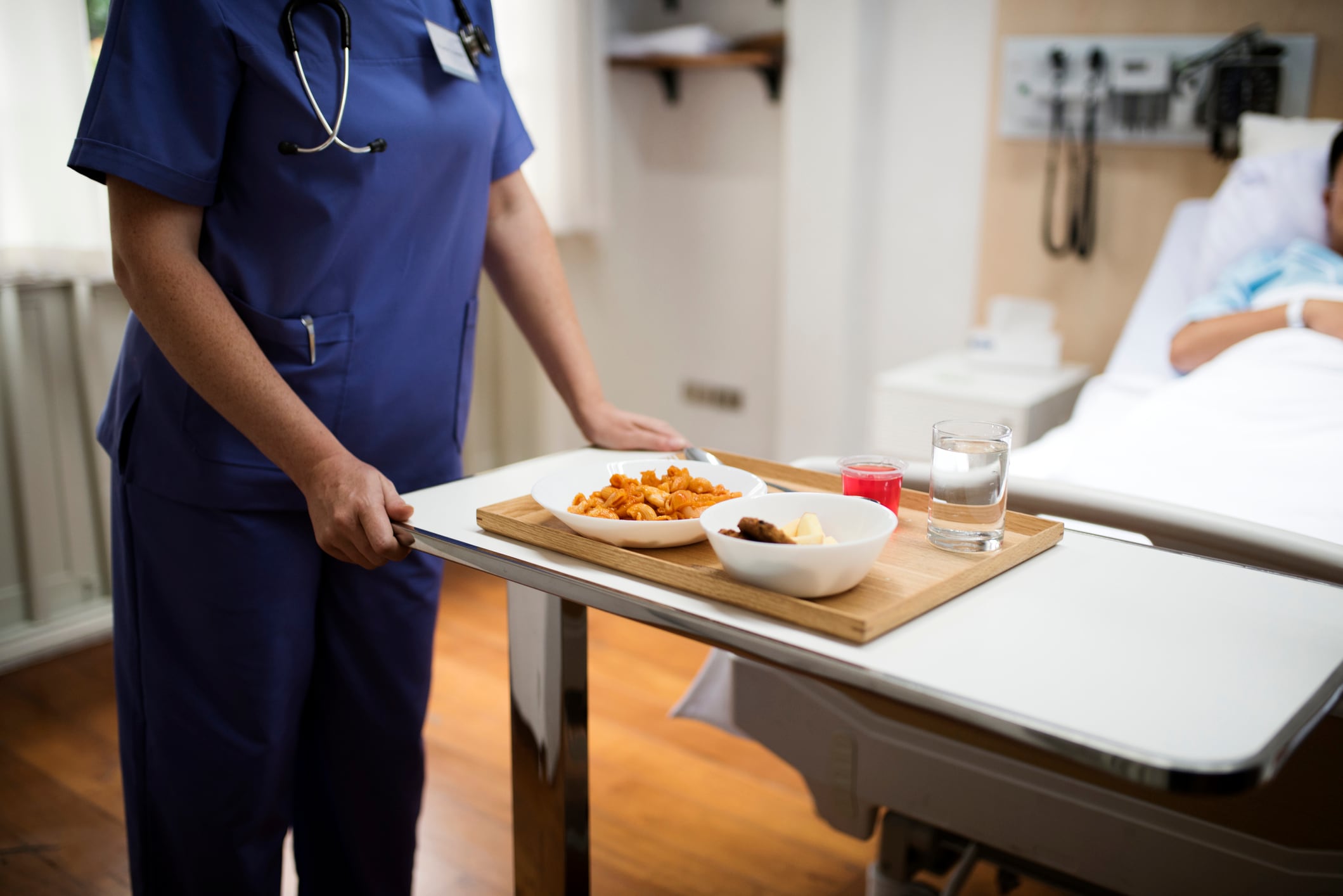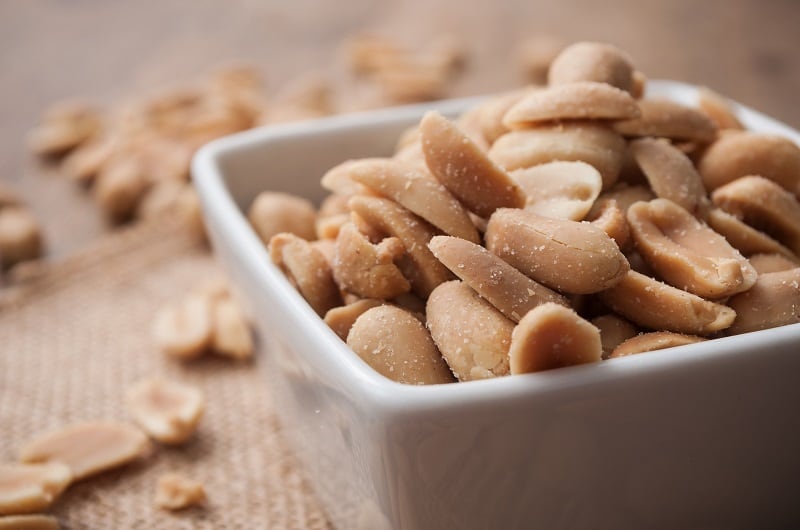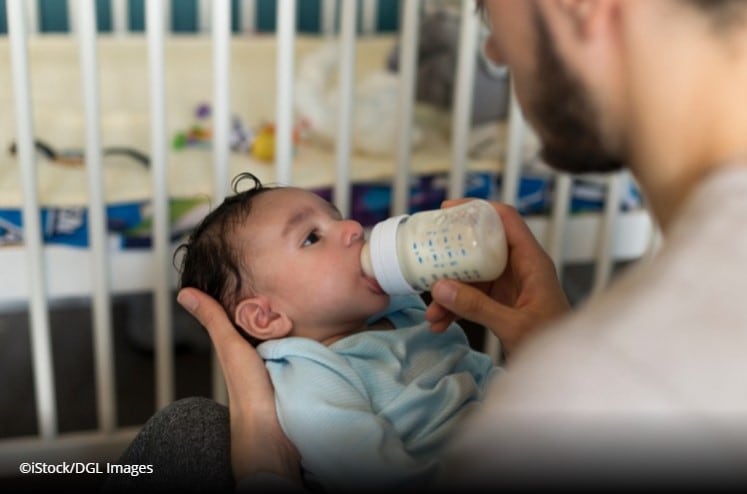After a review led by chef and restaurateur Prue Leith, the government said it will establish an expert group of NHS caterers, dietitians and nurses to decide a new blueprint for hospital food.
Leith’s recommendations included upgrading hospital kitchens so a 24/7 service can be provided to everyone who wanted to eat food at any time during the day or night;
She also called for the introduction of digital menus and food ordering systems and for the introduction of professional qualifications and standards for hospital caterers.
Leith said: “The review provides best-in-class examples of how hospitals can serve delicious, nutritious and nicely presented meals on a budget.
Food is not only important to health, but to morale. Hospital mealtimes should be a moment of enjoyment and a pleasure to serve. They should inspire staff, patients and visitors to eat well at home.”
The government said some of the recommendations would be adopted immediately.
It has already said that the 40 new hospitals built by 2030 will include 21st-century catering facilities including restaurants, central kitchens, patient dining spaces and ward kitchens.
Matt Hancock, Secretary of State for Health and Social Care, said: “This pandemic has demonstrated more than ever the importance of good food and proper nutrition. We must all prioritise our health and be empowered to eat well, whether we’re at home or in hospital. This impressive report shows the way to good hospital food for all - patients, staff and visitors.”
A survey in 2019 showed that while 58% of patients rate hospital food as very good or good, only 39% of hospital staff feel that food and catering facilities offered in their workplaces were poor.
With over 140 million meals served to NHS patients every year, and a further 1.25 million members of staff that require nourishing food and drink on shift, the review highlighted the scope for the improvement of food in hospitals.
Henry Dimbleby, co-founder of Leon Restaurants and independent lead on the National Food Strategy, said: “We urgently need to get to grips with the slow-motion disaster that is the British diet. If we are to succeed, hospitals must be a guiding light.”
The review made 8 recommendations to improve staff and patient health through hospital food:
- Catering staff support: introduce professional qualifications and standards for hospital caterers, provide more training and reward excellence with pay progressions.
- Nutrition and hydration: ensure importance of food services is understood and integrated within patient recovery, hospital governance and staff training.
- Food safety: ensure food safety through open communication channels to address safety concerns, by appointing food safety specialists and upholding standards.
- Facilities: provide funding to equip and upgrade hospital kitchens, provide 24/7 services for staff and patients, prioritise providing health-enhancing meals.
- Technology: every hospital should implement a digital meal ordering system by 2022 to collate food choices, manage allergies and diets, and minimise waste.
- Enforcing standards: food and drinks standards should be statutory and inspected by the CQC, a forum should be established to share exemplary best practice.
- Sustainability and waste: ensure government food procurement standards are upheld, NHS trusts should agree a common method of monitoring food waste.
- Going forward: establish an expert group of hospital caterers, dietitians and nurses to monitor progress, accountable to the Secretary of State for Health and Social Care




